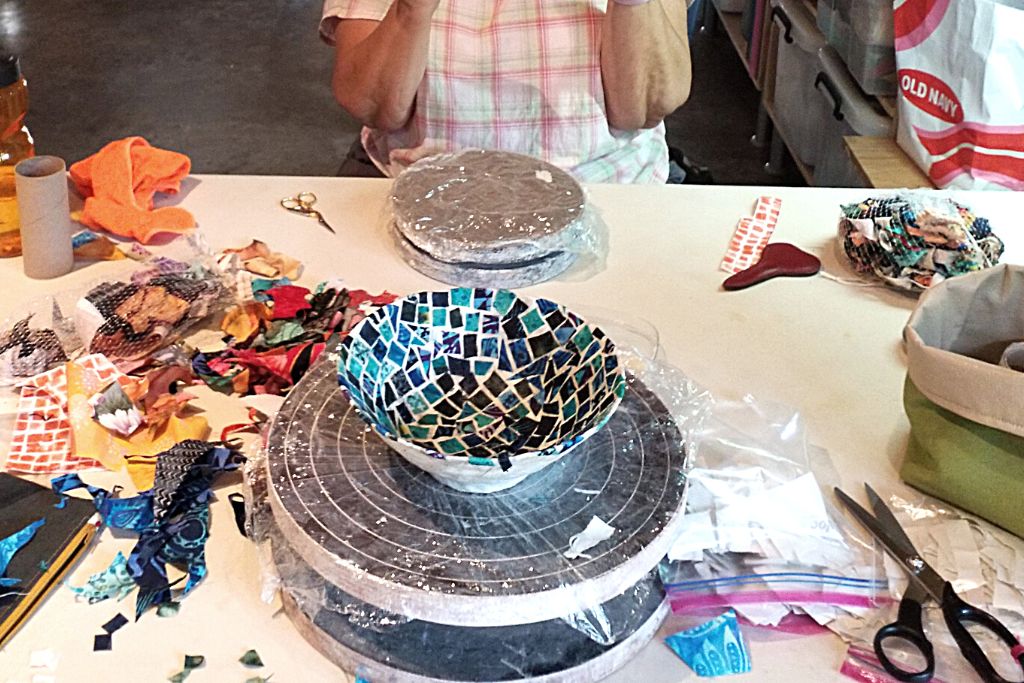
Play - by @suek
========
It is really strange, this process of writing self-care posts every month. I honestly thought it would be a breeze. I’m the Queen of sober self-care, aren’t I? I’m also a work-in-progress, and I’m getting my buttons pushed every single time I sit down to write these posts. Go figure. Writing was always my way of working out what was going on in my confused and messed-up life. Life doesn’t feel very confused or messed up these days, but Iˋm still working things out.
Play, for instance. What a great topic for the next post. Play. How easy, happy, uplifting, important… blah blah blah. And then I start to sketch out the post, I get dragged down into an old time, when playing wasn’t much fun, and I am feeling small and tight and miserable. Emotional. Triggered. By a post about playing. WTF is wrong with me? What, exactly, do I think PLAY is?
The first word (and trigger) that comes to mind, is FUN. And then it escalates to OTHER PEOPLE. And then to ORGANIZED ACTIVITIES with those people. And then devolves into things like, How will I cope? I’m really not a fun person. Will I do it right? Is someone going to get injured? When is it going to end? Can I leave early? It all spirals into anxiety and stress. Also, I start questioning the whole idea for the post – maybe play is just frivolous time wasting, and I should find something else to write about.
I forgive myself for this dramatic interlude. I had a rather strange upbringing, and I can see exactly where this all came from! As an adult, embarked on a drinking career, I associated play with anything to do with booze. But right now, I’m not a kid having a strange upbringing, and I’m not a drinker either, so it’s obviously time to find a healthier way to approach PLAY.
How’s this for a reframing: (Summarised from Psychology Today)
Play is first and foremost an expression of freedom.
Play is doing what you want to do, not what you feel obliged to do.
Play is imaginative, non-literal and mentally removed in some way from real or serious life.
Play doesn’t always involve smiling and laughing.
Play involves an active, alert and non-stressed frame of mind.
Because play is self-directed, players are always free to quit.
WOW. This really blew things open for me.
And how about this:
Because it is freely chosen and directed by the players, play is a major force for children’s learning how to take initiative, direct their own behavior, negotiate with and get along with playmates, and solve their own problems.
If this is true (and it feels very true to me), maybe all our problems with addiction could have been solved by learning how to play! Amazing. So how can we start using play, right now, as a sober self-care tool?
Decide what you love to do (with zero obligation)
Maybe you’re lucky enough to know your favourite ways to play. If so, skip to the next step. If not, I hear you. We can get very disconnected from the playful side of ourselves when we get down the addiction path, and also when we simply get older and have responsibilities, and just abandon ourselves in these areas. Also some of us who were overburdened with responsibility or seriousness in our childhoods might have never experienced relaxed play before. We need to start small, and experiment.
Is there anything you do now that you easily get lost in, lose track of time, and would happily do every day if life didn’t get in the way? It might be gardening, or knitting, or cooking, or doing jigsaw puzzles… anything that doesn’t feel like a chore. (Even if it is technically a chore! Some people are crazy happy cleaning – for them, it’s play!)
Is there something you remember being obsessed with as a kid? Bugs? Birds? Drawing? Paper dolls? Spirograph? Making plasticine models? Building huts?
Is there something you were really good at as a kid? Singing, swimming, building models? Perhaps there’s a seed there for you, picking up from a childhood talent.
Is there something you’ve always thought, one day, when I have time, I want to… take a painting class, learn to do woodwork, get a telescope and learn about the stars, join a hiking club…
You might get a spark of interest from this line of questioning. Another way to approach this is to go to the library and browse the hobbies section. There’s a huge array of books on all manner of potential play topics that might inspire you. If you come up blank, try the sports section, the science section, the childrenˋs books.
Keep it simple
If you can find something that fits your idea of play, just get started simply. There can be an obsession with getting the right stuff and equipment and going down research rabbit holes, and never actually getting around to playing. Can you get what you need second hand? Maybe put the word out to family and friends – does anyone have a sewing machine they are not using? Who’s got a set of paints and an easel they can lend you? Anyone know a good walking group, or swimming class nearby? Do you know someone who already does the thing you want to do? Maybe they will give you some supplies, or some lessons. What I’m getting at here is, don’t turn this play project into an expensive ordeal. Actually play. If you want to become a sculptor, start with play-dough before you buy a bunch of expensive tools and materials.
Shut down the critical voice
Perhaps the hardest thing for me about play is turning off the critical voice – the voice that says things like: This is a waste of time. You have plenty of other things you could be doing. You’re no good at this. You should be volunteering. You should… Should is the killer of play. Banish that word every time you hear it. Just like the drinking voice, swat it away every time.
When I finally gave myself the time and space to write the book I always wanted to write, I was absolutely assaulted by this critical voice. I read a really great tip, that worked fast and effectively for me. Every time you hear an internal criticism, write it down on a piece of paper. Keep a jar with a lid close by. Put the criticism in the jar and screw the lid closed. Fill that jar up. Just keep adding the criticisms. And look over, occasionally, at that jar, and say, “Sorry, I can’t hear you!”
Give yourself time
Although this is difficult for some of us, it is important that you delegate time for playing. This is the very weird concept of making time for yourself to do whatever you feel like doing. You might be in the habit of denying yourself time for you. Just examine that. What would it be like to have a couple of hours a week, dedicated just to you, to do whatever you wanted? Let that idea sink in. How does it feel to imagine you could do whatever you wanted? It might be threatening. It might bring up all manner of crap. Just take it quietly, and see if you can allow some space and time to open, little by little.
After I quit drinking, I was stunned at how much free time I had. Time in the evenings when I was no longer sloppy and impaired, time in the morning when I wasn’t moaning and remorseful about how much I drank the night before, time all weekend. (Wouldn’t it be cool to add a “free time calculator” to the sober calculators. I think we would be shocked at how much time drinking drained out of our lives. What are we going to do with all that free time? Let’s carve a bit out for simply enjoying ourselves and playing.
Get better connected
As drinkers we tend to gravitate to other people who will drink with us, and not get in the way of our drinking. Now that I am sober, and have time to dedicate to my own interests I have a whole new social landscape open to me. It unfolded over time. First I had no non-drinking friends so I was the lonely looser who wasn’t drinking. Then, as I started to use my abundant spare time to reconnect to my personal interests (play) I signed up for some painting classes, a writing workshop, and yoga workshops. I started to meet like-minded people who I could connect with, without drinking being a factor. We had something to do together that wasn’t focussed on drinking. Going to these kinds of things means you can get a totally fresh start in your social life: these people don’t know you as a drinker. They know you as an aspiring painter or writer – play dates can be so much healthier.
Remove the expectations
Not surprisingly, many of the things we end up doing for play are “creative”, and for some reason they wake up our self-critical or perfectionist tendencies. We are reluctant to start because we don’t know if we can achieve what we want. We are afraid to fail. We might be useless at it. It might just end up being a waste of time. We really need to banish this whole line of thinking. Play is just play. We do it for its own sake. Maybe we’ll make something or discover something that we value. Maybe we won’t. Maybe we’ll just make a glorious mess, and have a relaxed afternoon, feeling free and un-worried for a change. That is the point – to relax and experience some time and activity where there are zero expectations. Difficult, I know, but possible!
Dabbling away
These days, my play time involves dabbling in a few different things. I’ve been taking a paper mache class, and learning the fine art of getting covered in glue and scraps of newspaper (pictured above). I also sew clothes and bits and pieces for around the house. I get into exploring astrology for hours on end. Sometimes the kitchen is my playground, and I get lost in sourdough bread or fermenting veges and fruit. I know these things are play for me, because I go to them with enthusiasm and no reluctance or obligation whatsoever.
What do you do for play? Or what would you like to do? Let us know in the comments.
Until next month,
Sue

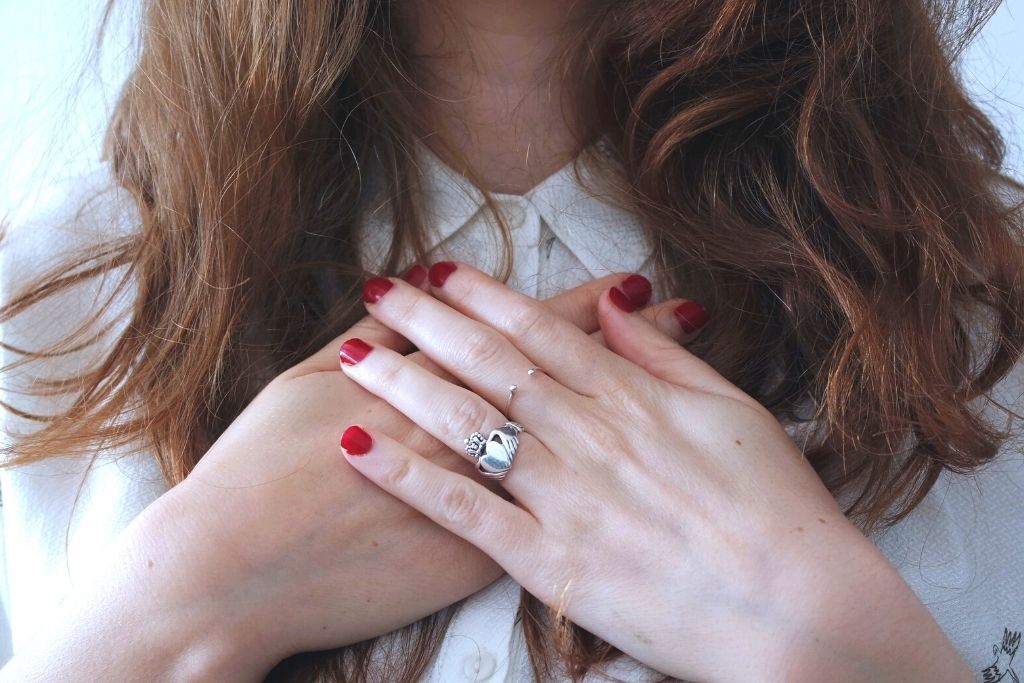
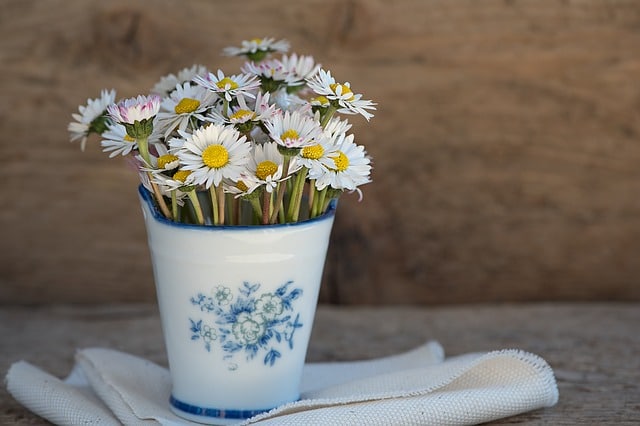
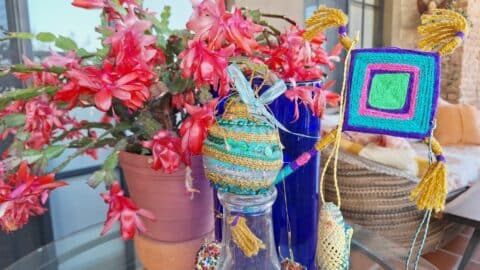
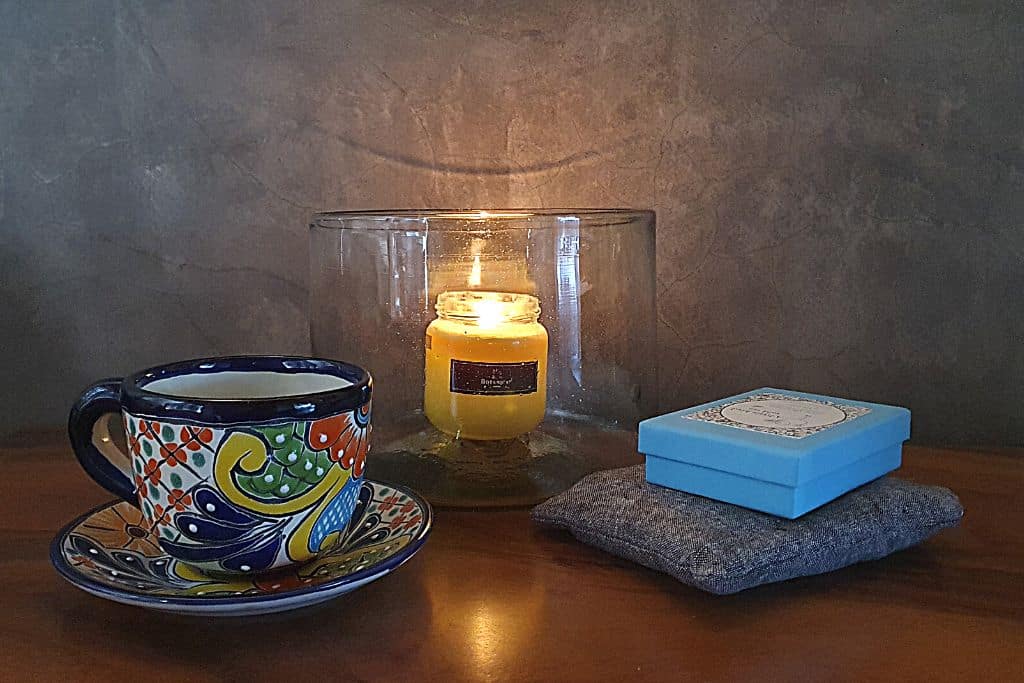
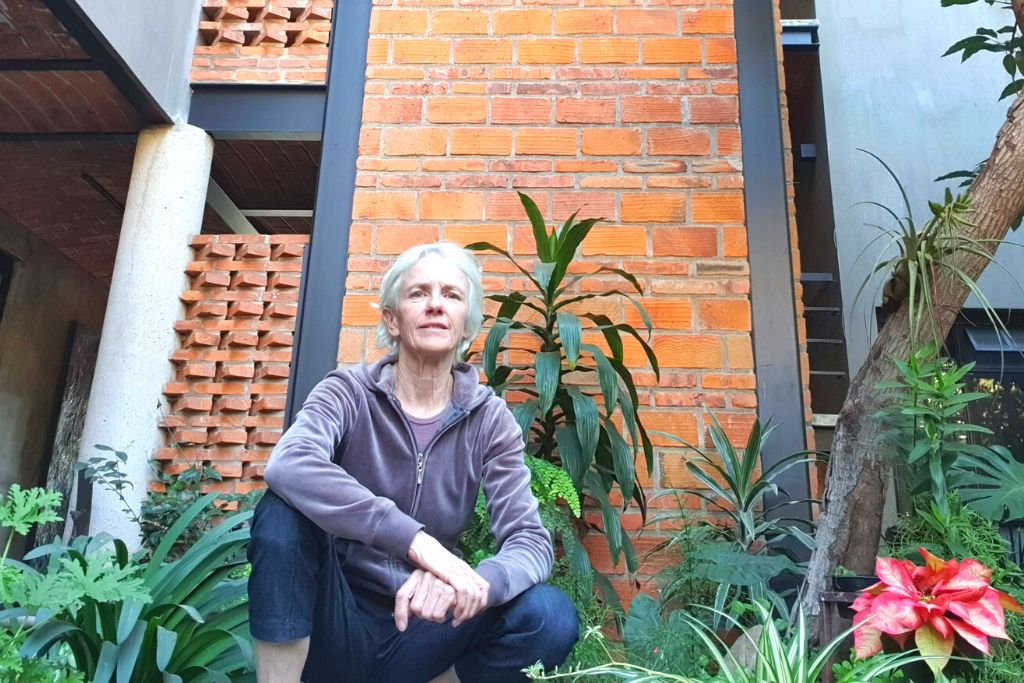
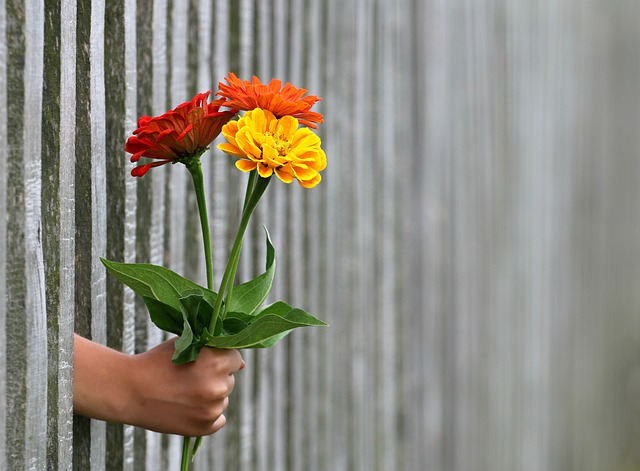
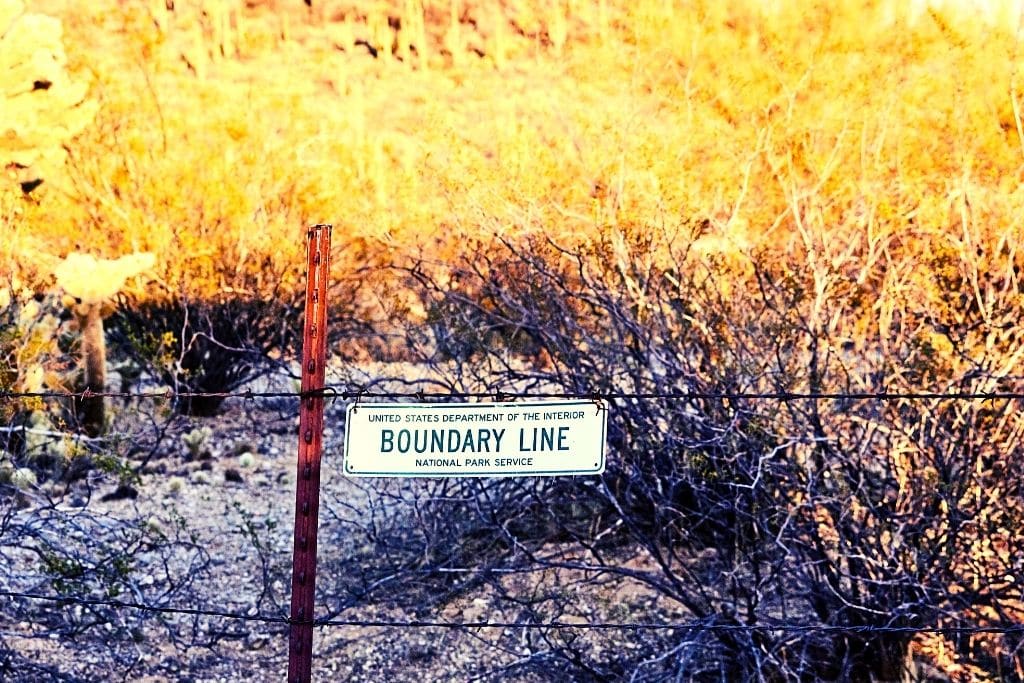
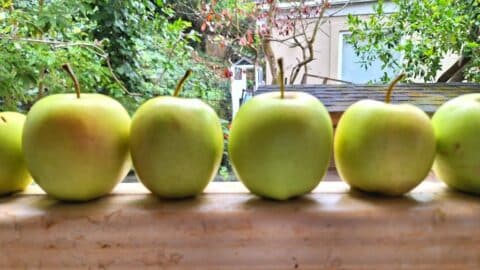



Thank you for this post, Sue. This has been an inspiration for me to find something to do other than Netflix. I normally come home from work, grab a coffee and some cookies and sit and watch Netflix. This is not fulfilling at all. I’m thinking of finding a yoga studio and perhaps joining. I need to find some like-minded people. All of my girlfriends drink.
Crocheting blankets from recycled wool and Netflix enables me to stop and stop the head message of “you should be doing…”. Starting a reset at 58 years of age!
Thank you for your post
Crochet is a favourite of mine too. Such a good way to check out of the chores!
I love the “reset” reference. Wish we all just had a button!
Once or twice a week, my wife and I spend the morning with our 3 yr old grand daughter. We draw with crayons or markers and make up stories about what we are drawing. We play puppets. We build towers with blocks and knock them down. We pretend to be different animals. We come up with rhymes. We play kitchen and she makes pretend “ crumb cake”. Playing with her is natural and brings back good childhood feelings and memories. For my adult play, I make folk instruments from cigar boxes and cookie tins. When I was drinking I cut off bottle necks and made slides for guitar and used beer bottle caps for volume knobs. After 3 years of sobriety, I still have plenty of bottle necks and beer caps left over – yuck! It is rewarding to play a little music on an instrument that you have made. I’ ve learned that you can play decent blues riffs without numbing yourself out with wine!
That is such a beautiful image, of you all playing together. Thank you for sharing it.
Great post, thank-you!!
Thanks for reading JM!